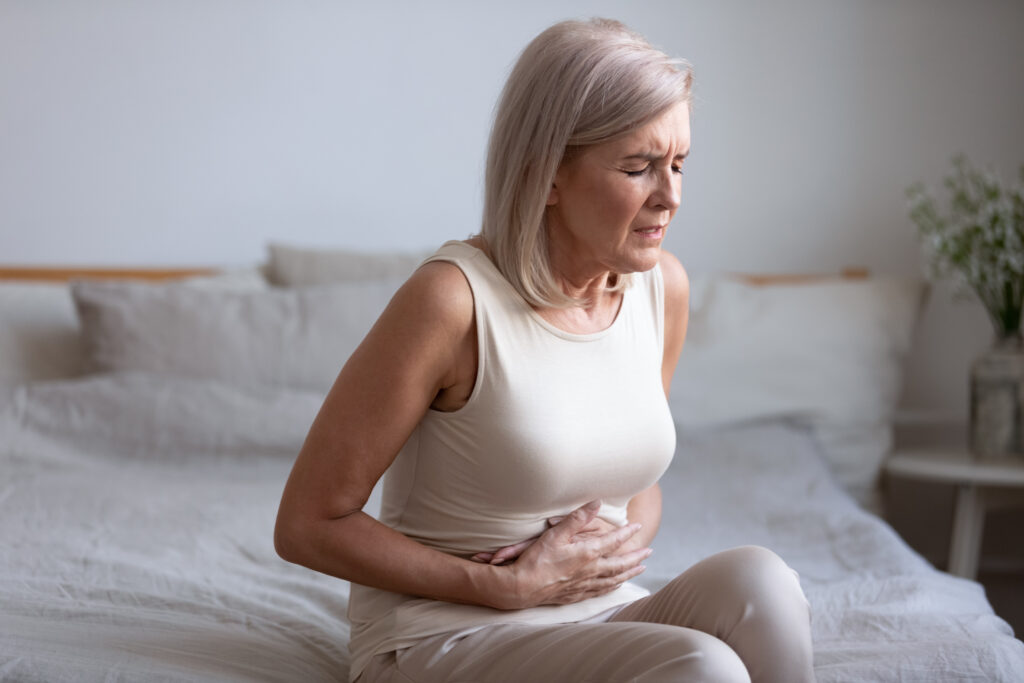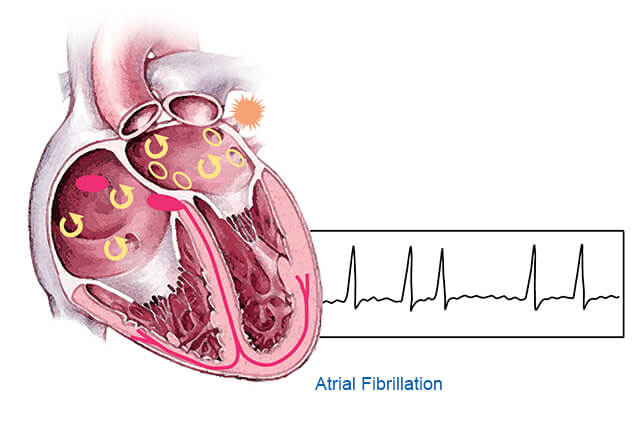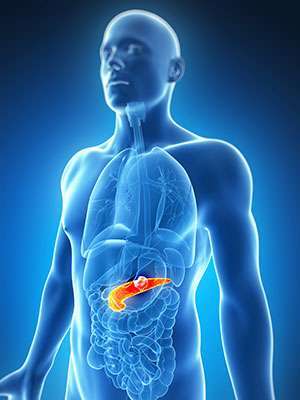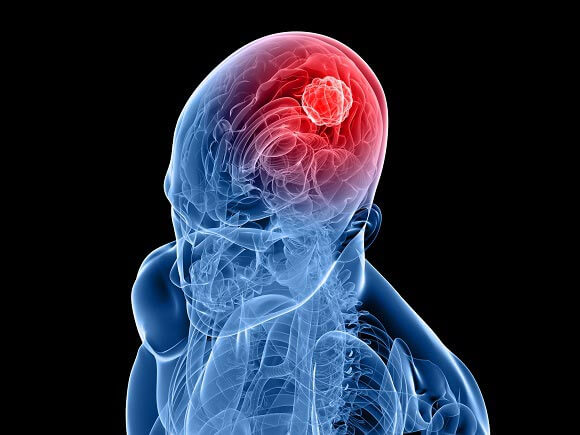
Crohn's disease is a condition that leads to chronic inflammation of the small intestine, large intestine, and/or colon. This disease impacts the health of the digestive tract, leading to symptoms such as diarrhea, abdominal pain, and weight loss. Over time, Crohn's can take a toll on your joints, organs, and overall health.
This chronic disease comes with a range of symptoms, and when left untreated, it can result in life-threatening complications. Fortunately, treatment is available, as is a community that can help you understand and accept your diagnosis. Here are the causes, symptoms, and treatments for Crohn's.
Causes of Crohn's Disease
Crohn's disease affects an estimated half a million people within the U.S., yet the exact cause of the disease remains unknown. Risk factors play a role, including a family history of inflammatory bowel disease (IBD), pre-existing autoimmune conditions, and smoking. The disease is most often diagnosed in individuals before they reach the age of 30.
When seeking a diagnosis of Crohn's disease, your doctor will likely run through several tests, including bloodwork, stool testing, a physical examination, and a colonoscopy. An upper GI series (x-ray testing), endoscopies and enteroscopies, and a CT scan may also be used for diagnosis. If Crohn's is suspected, you will likely be referred to a gastroenterologist for full testing, treatment, and disease maintenance.
Types and Symptoms of Crohn's
Types
Crohn's is typed into different categories based on the section of the small intestine that is impacted. The types of Crohn's include:
- Ileocolitis: Affects the large intestine and the ending of the small intestine
- Ileitis: Affects only the small intestine
- Crohn's (Grandulomatous) Colitis: Affects only the large intestine
- Gastroduodenal Crohn's Disease: Affects the stomach and beginning of the small intestine
- Jejunoileitis: Causes localized sites of inflammation in the upper small intestine
Determining the type of Crohn's disease you live with is important in forming your treatment path.
Symptoms
Crohn's has many potential symptoms. These include:
- Diarrhea
- Abdominal pain
- Sudden weight loss
- Bloody stool
- Poor appetite
- Chronic exhaustion or fatigue
- Anal fissures/fistulas
- Iron-deficient anemia
Those with Crohn's may experience a sudden or gradual onset of symptoms, with periods of remission where symptoms are not as pronounced. Stress, poor diet, inflammatory foods, and smoking may worsen symptoms. If you are experiencing Crohn's disease symptoms, contact your GP or a gastroenterologist for next steps.
Crohn's Disease Complications
Crohn's disease can lead to many dangerous complications. Over time, damage from inflammation can cause a narrowing of the intestinal walls, which may result in bowel obstructions. Malnutrition and inflammation from Crohn's can cause vitamin deficiency, chronic dehydration, and the development of other health conditions, including osteoporosis, anemia, and arthritis. Damage to the large intestine also increases one's risk of developing colon cancer.
Ulcers are another risk of Crohn's. These painful sores can form in the intestines, mouth, anus, and genitals, causing pain while eating, digesting, and passing bowel movements. When the ulcers migrate through intestinal walls, they can lead to fistulas, forming abnormal tunnels between different body areas. Fistulas can cause a leakage of bowel material, pus-filled abscesses, and life-threatening infections.
Serious complications like these are why getting diagnosed early and generating a treatment plan is essential to your long-term health.
How Is Crohn's Treated?
Crohn's is treated on an individual basis, and basic treatments often involve medication and bowel rest. Medications used for Crohn's include aminosalicylates (anti-inflammatories), corticosteroids (anti-inflammatories and immune-system suppressors), and immunomodulators (immune-system suppressors).
During flare-ups, your doctor may prescribe bowel rest. This often requires not eating or drinking specific foods until your bowel can heal. More intensive bowel rest may require no eating or drinking at all; in this case, you would receive nutrition and hydration through a feeding tube and/or IV. The length and conditions of bowel rest will vary from person to person.
Lastly, surgery may be necessary to treat bowel obstructions, stop bleeding, repair fistulas, or address other areas of damage. Many people with Crohn's will require surgery as their disease progresses. In Crohn's surgeries, doctors remove a damaged portion of the intestine, colon, or rectum to prevent fissures, infections, and ongoing pain. After these surgeries, individuals may require an ostomy pouch, which holds stool outside the body.
Resources for Crohn's Disease
The emotional and social impacts of living with Crohn's disease can be as disruptive as the physical symptoms. Those with Crohn's may socially isolate due to pain, insecurity over irregular bowel habits, or concerns of sudden flare-ups. With chronic disruptions to work, school, and regular activities, many living with Crohn's experience stress, anxiety, and depression. The emotional impacts can, in turn, increase physical symptoms and flare-ups.
If you are living with Crohn's disease, you are not alone. The Chron's & Colitis Foundation offers a range of demographic-specific support groups and personalized one-on-one sessions. Bezzy IBD features an array of supportive forums, such as "Navigating Healthcare," "Mental and Emotional Health," and "Living with an Ostomy." With proper diagnosis, treatment, and community, you can live a life defined and led by you, not your Crohn's.
Resource Links
- "Crohn's Disease" via National Library of Medicine
- "Diagnosis of Crohn's Disease" via National Institute of Diabetes and Digestive and Kidney Diseases
- "Crohn's Disease" via Mayo Clinic
- "Overview of Crohn's Disease" via Crohn's & Colitis Foundation
- "Treatment for Crohn's Disease" via National Institute of Diabetes and Digestive and Kidney Diseases
- "Forums" via Bezzy IBD




